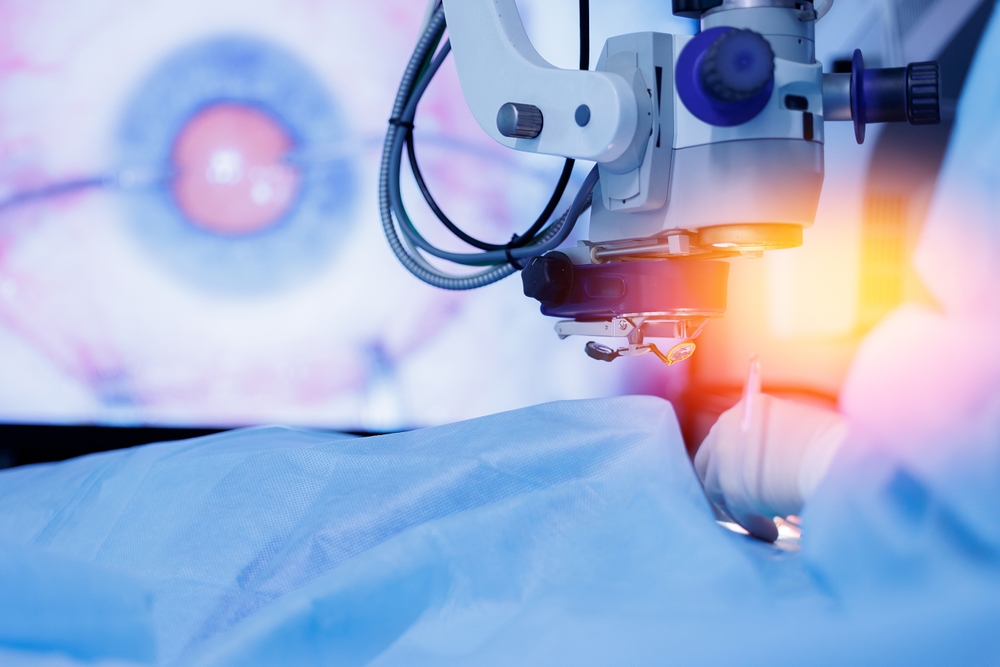
For many people, the idea of clear, glasses-free vision is highly appealing, which makes LASIK an attractive option. LASIK is a popular refractive surgery used to correct nearsightedness, farsightedness, and astigmatism. However, if you’ve been diagnosed with cataracts, you might be wondering whether LASIK is still an option—or if another type of procedure is more appropriate.
What Is LASIK and How Does It Work?
LASIK is a type of laser vision correction that reshapes the cornea—the clear front part of your eye—so that light entering the eye can be properly focused onto the retina. The result is improved vision without the need for glasses or contact lenses. LASIK is typically performed on individuals with healthy eyes who are looking to correct refractive errors.
Understanding Cataracts
Cataracts are a clouding of the eye’s natural lens that often develops with age. As cataracts progress, they can cause blurry vision, glare, difficulty seeing at night, and changes in color perception. Unlike refractive errors that affect the cornea, cataracts impact the lens, which is located behind the iris. Because LASIK only addresses corneal issues, it cannot correct vision problems caused by cataracts.
Can You Get LASIK If You Have Cataracts?
LASIK is not recommended for patients with cataracts, particularly if the cataracts are advanced or significantly affecting your vision. Since the underlying cause of your vision changes lies in the clouded lens—not the cornea—LASIK would not resolve your visual symptoms.
Undergoing LASIK before cataract surgery could complicate future treatment. When it’s time for cataract surgery, your eye surgeon may need precise measurements of your eye to choose the correct artificial lens (IOL), and prior LASIK can make those calculations more difficult.
What Are the Alternatives?
If you have cataracts and are looking for vision correction, cataract surgery with premium intraocular lenses (IOLs) may be a better option. These lenses not only replace the clouded natural lens but can also correct nearsightedness, farsightedness, and astigmatism—offering some of the same benefits as LASIK. Options like multifocal IOLs and toric IOLs provide advanced vision correction, potentially reducing or even eliminating your need for glasses after cataract surgery.
Schedule a Consultation Today
While LASIK is an excellent procedure for many people, it’s generally not suitable for individuals with cataracts. Fortunately, cataract surgery combined with premium intraocular lenses can offer both clearer vision and refractive correction.
At Franklin Family Eye Care, we take a personalized approach to your vision needs. Whether you’re exploring LASIK, managing cataracts, or looking for the right solution to improve your sight, we are here to guide you. Visit our office in Mt. Juliet, Tennessee, or call (615) 754-4733 to learn more about your options and take the next step toward better vision.







